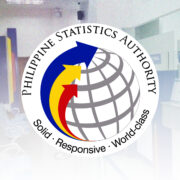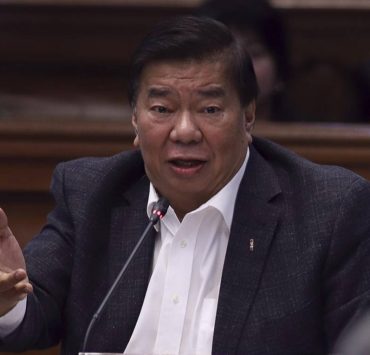PH to ban troubled Binance
The Securities and Exchange Commission (SEC) is moving to block cryptocurrency trading leader Binance within three months after it was found to be selling securities in the country without the necessary licenses.
In a statement on Wednesday, the SEC said it was working with the National Telecommunication Commission and the Department of Information and Communications Technology to “prohibit users from accessing the website and its applications while inside the country.”
“The removal of access in the Philippines is expected to take effect within three months after the issuance of the advisory, in order to give Filipino investors who have holdings in Binance to close their positions and take out their investments,” the SEC said.
In its Nov. 28 advisory, the corporate watchdog said Binance was not authorized to publicly sell or offer securities in the Philippines, pursuant to Republic Act No. 8799, or The Securities Regulation Code (SRC).
Citing its database, the operator of Binance is not registered as a corporation in the Philippines and thus operates without the necessary license or authority to sell any form of securities as defined under Section 3.1 of the SRC, said the SEC.
The fresh SEC crackdown came a week after Binance CEO Changpeng Zhao had pleaded guilty to violating US antimoney laundering rules and resigned from his post.
Registered in the Cayman Islands, Binance is the world’s biggest crypto trading exchange, which allows users to buy and sell bitcoin, ether and other cryptocurrencies.
The SEC said in its statement that “entities seeking to engage in the business of buying or selling securities or as a broker dealer, or seeking to create or operate an exchange for the buying and selling of securities, must secure a secondary license with the SEC.”
It also requested Google and Meta, operator of Facebook, to prohibit online advertisements from Binance in the Philippines.
“The SEC has recently issued advisories against similar entities, such as OctaFX/Octa Trading and MiTrade, as it looks to address the rising number of online entities soliciting investments from the public without the necessary licenses,” the statement showed. INQ

















